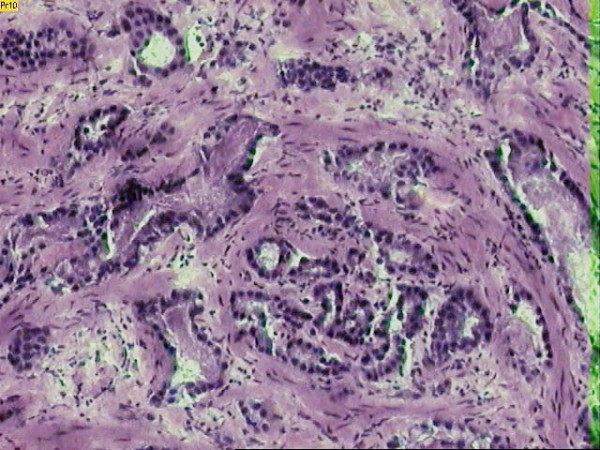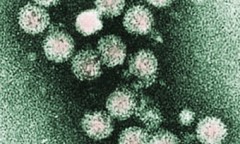By Vishal Goel, | December 22, 2016

Scientists have discovered a new way to destroy cancer cells using nanocages.
Laser therapy has successfully been shown to destroy tumor cells which cause low-risk prostate cancer. The therapy was seen to cause only short-term urinary and erectile problems, which were resolved within three months.
The non-surgical treatment for prostate cancer involves injecting a light-sensitive drug, derived from deep-sea bacteria, into a patient's bloodstream to kill cancer cells without destroying healthy tissue.
Like Us on Facebook
The treatment, called Vascular-targeted Photodynamic therapy (VTP), was tested on 413 patients across ten European countries and proved to be so effective that half the patients went into remission, Reuters reported.
"These results are excellent news for men with early localized prostate cancer, offering a treatment that can kill cancer without removing or destroying the prostate," said Mark Emberton, a University College London consultant urologist who led the trial.
The drug for the treatment, developed by scientists at the Weizmann Institute of Science in Israel in collaboration with the privately-owned STEBA Biotech, was derived from bacteria found at the bottom of the ocean. In a study published in the journal Lancet Oncology, Emberton's team said that the bacteria have evolved to convert light into energy with incredible efficiency.
The Weizmann scientists exploited this feature to develop the drug, called WST11, a compound that releases free radicals to kill surrounding cells when activated by laser light.
Currently, men with low-risk prostate cancer are put under active surveillance to monitor the disease. They are treated with a radical therapy only when the cancer becomes more severe. The radical therapy involves surgically removing or irradiating the whole prostate. tHIS has significant long-term side effects.
While radical therapy causes life-long erectile problems, VTP has only caused short-term urinary and erectile problems which were resolved within three months, the researchers said.
"The fact that the treatment was performed so successfully by non-specialist centers in various health systems is really remarkable," Emberton said.
The European Medicines Agency (EMA) is now reviewing the VTP treatment technique for a possible license. However, the treatment is likely to take several years before it can be used to treat patients widely.
-
Use of Coronavirus Pandemic Drones Raises Privacy Concerns: Drones Spread Fear, Local Officials Say

-
Coronavirus Hampers The Delivery Of Lockheed Martin F-35 Stealth Fighters For 2020

-
Instagram Speeds Up Plans to Add Account Memorialization Feature Due to COVID-19 Deaths

-
NASA: Perseverance Plans to Bring 'Mars Rock' to Earth in 2031

-
600 Dead And 3,000 In The Hospital as Iranians Believed Drinking High-Concentrations of Alcohol Can Cure The Coronavirus

-
600 Dead And 3,000 In The Hospital as Iranians Believed Drinking High-Concentrations of Alcohol Can Cure The Coronavirus

-
COVID-19: Doctors, Nurses Use Virtual Reality to Learn New Skills in Treating Coronavirus Patients











